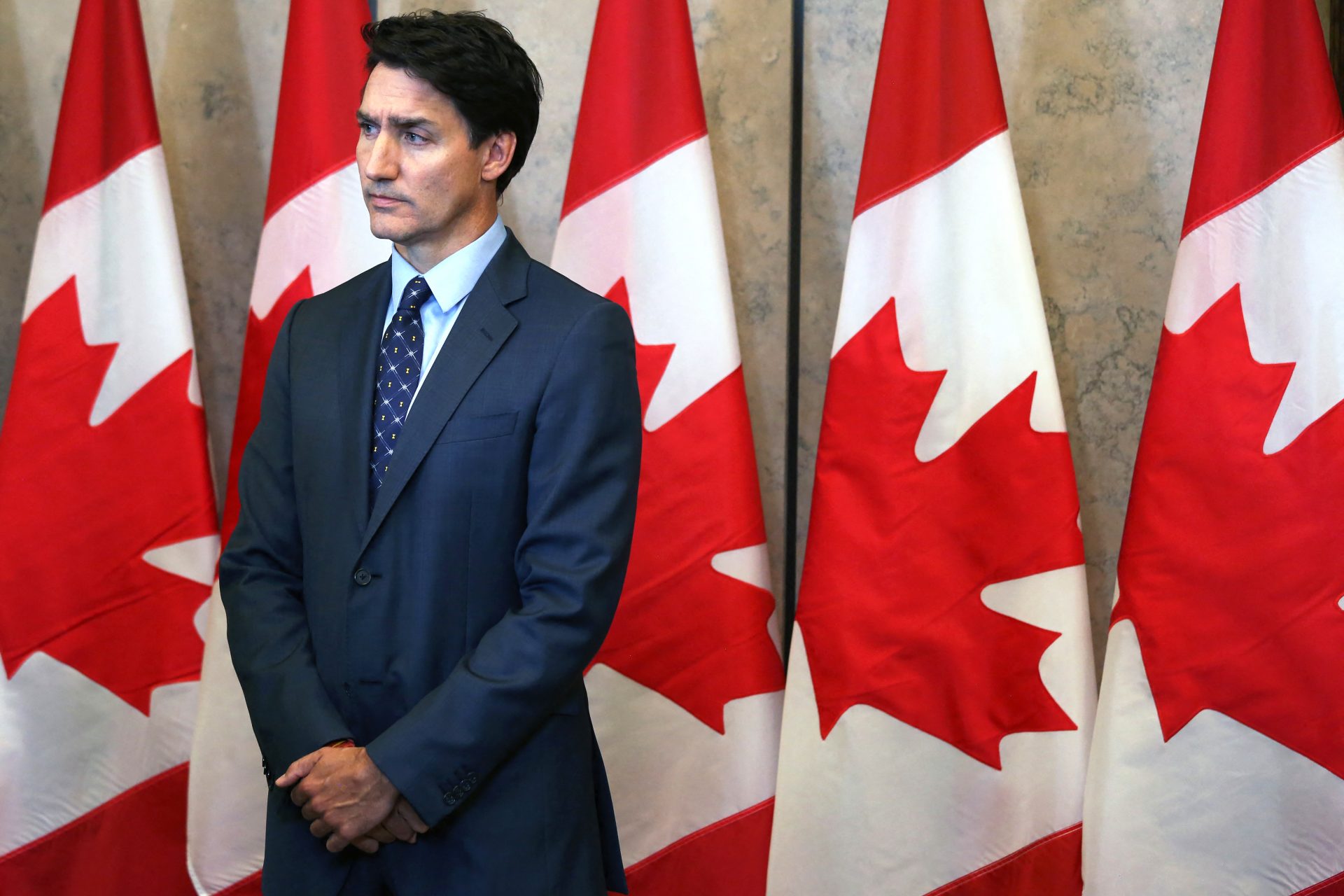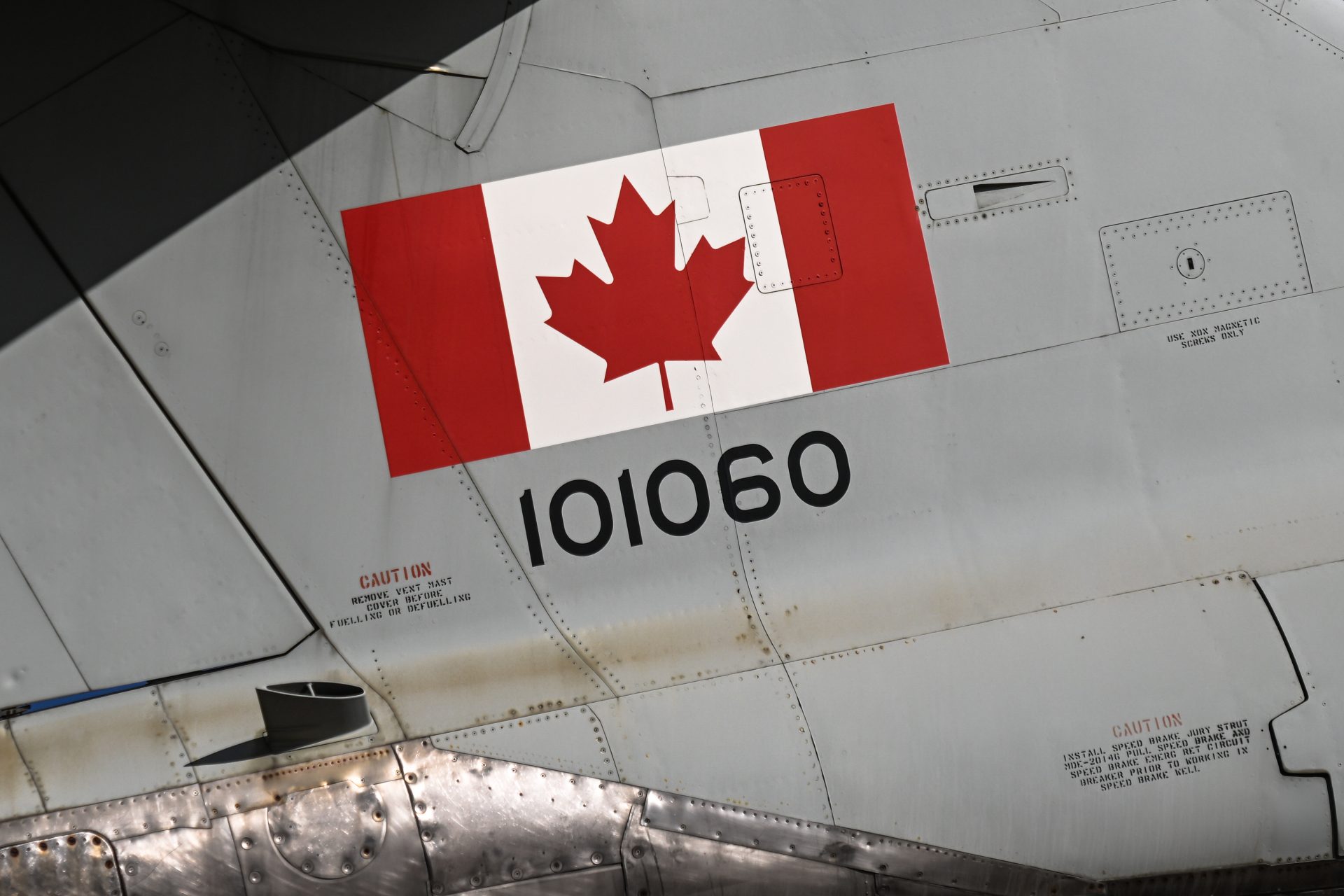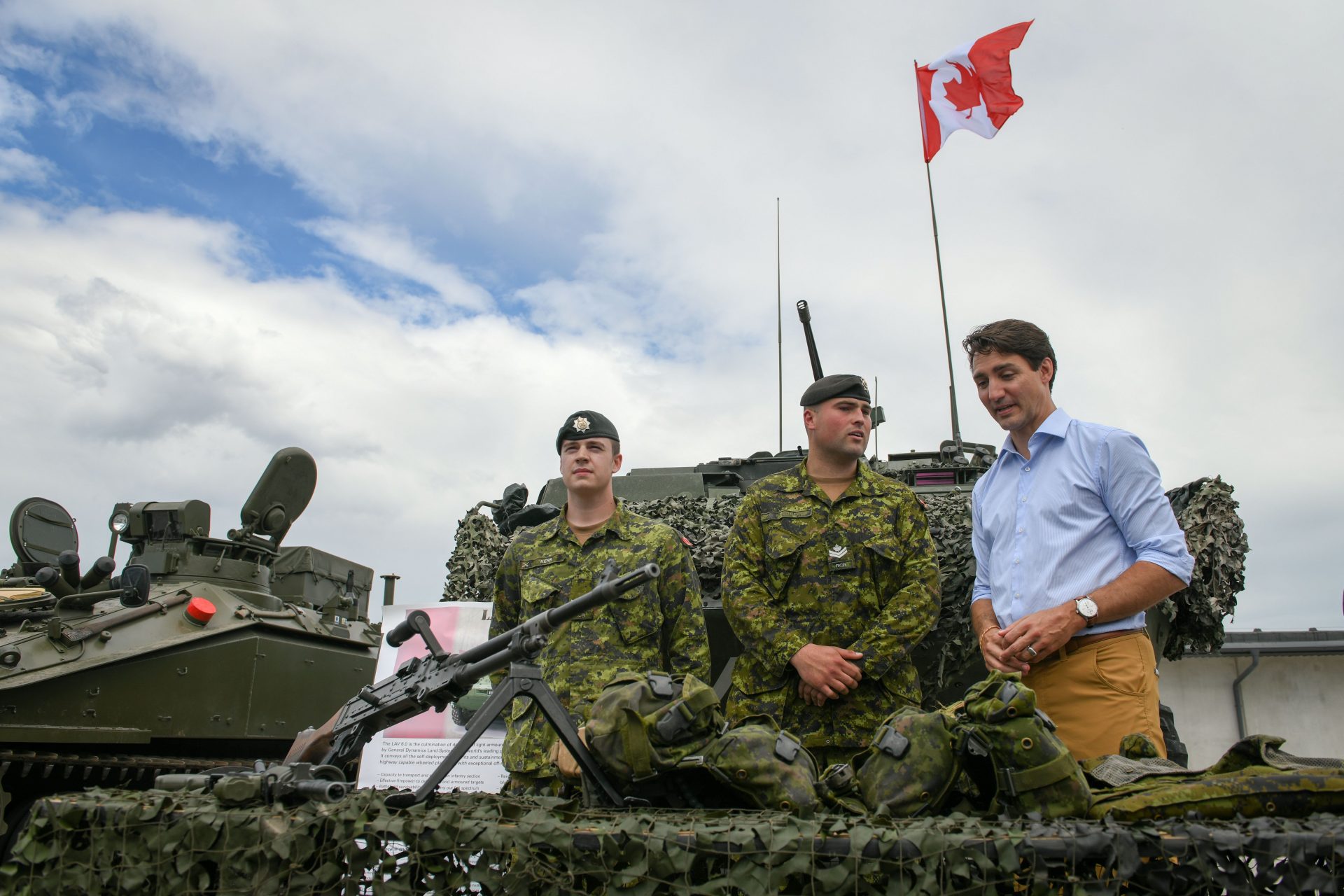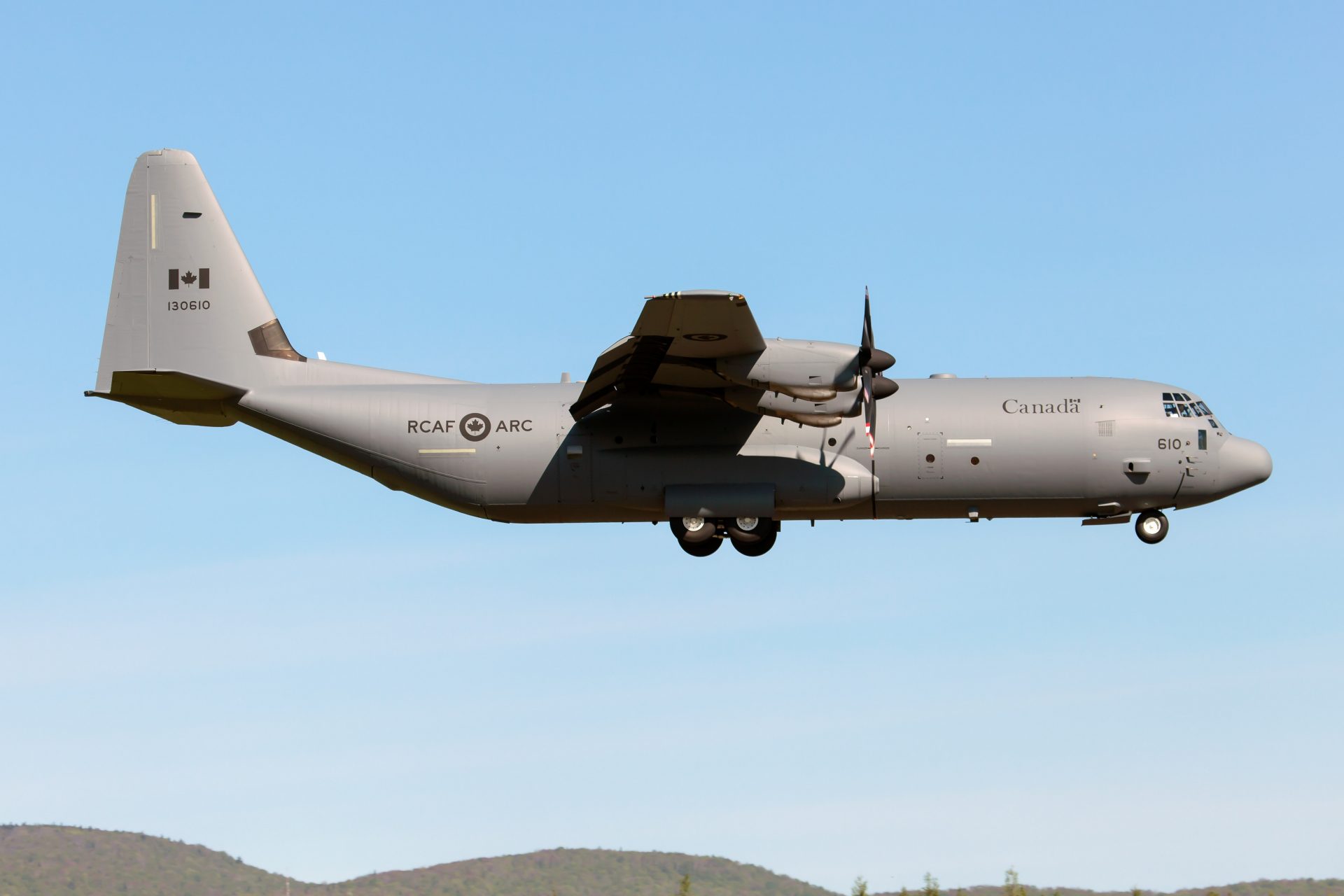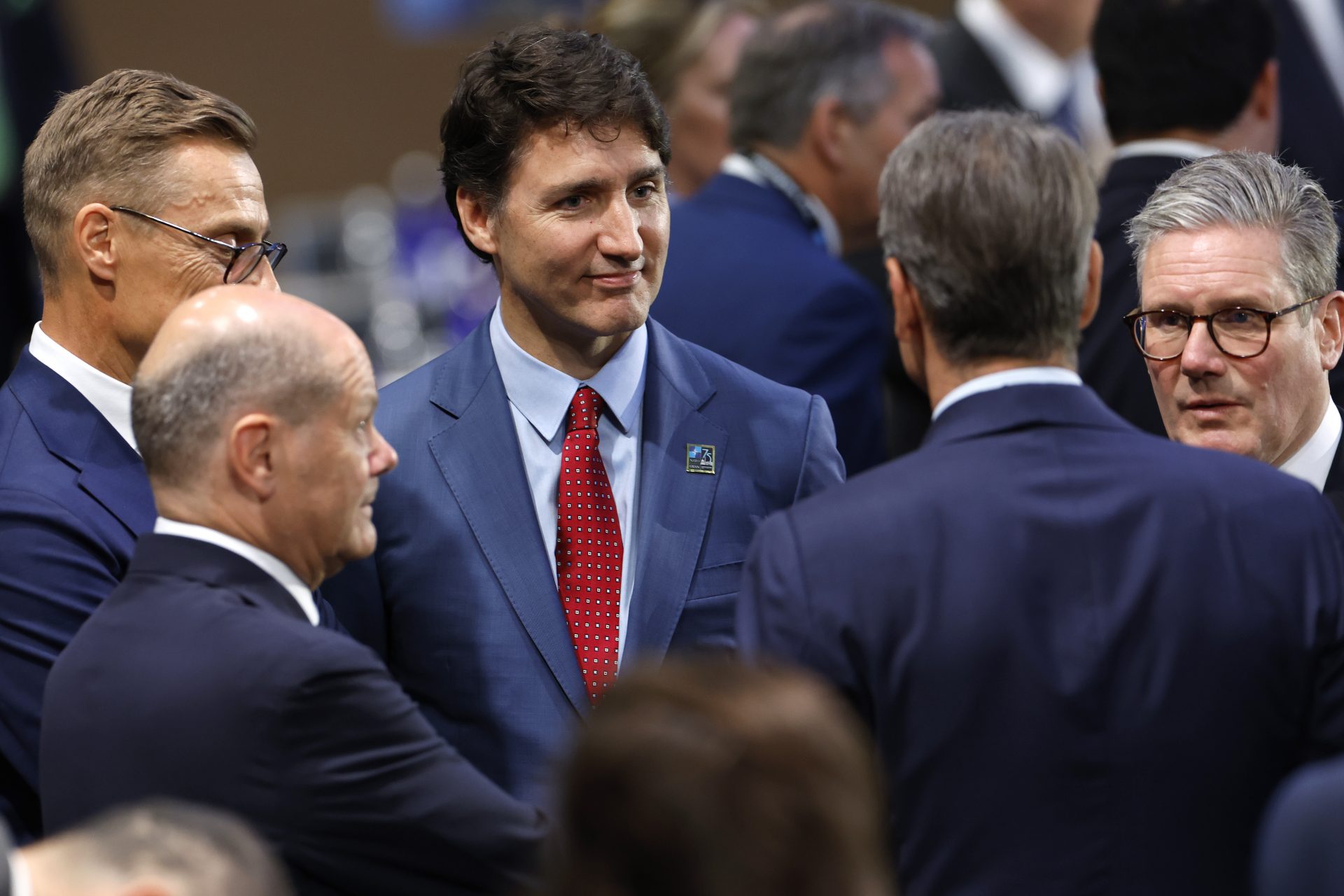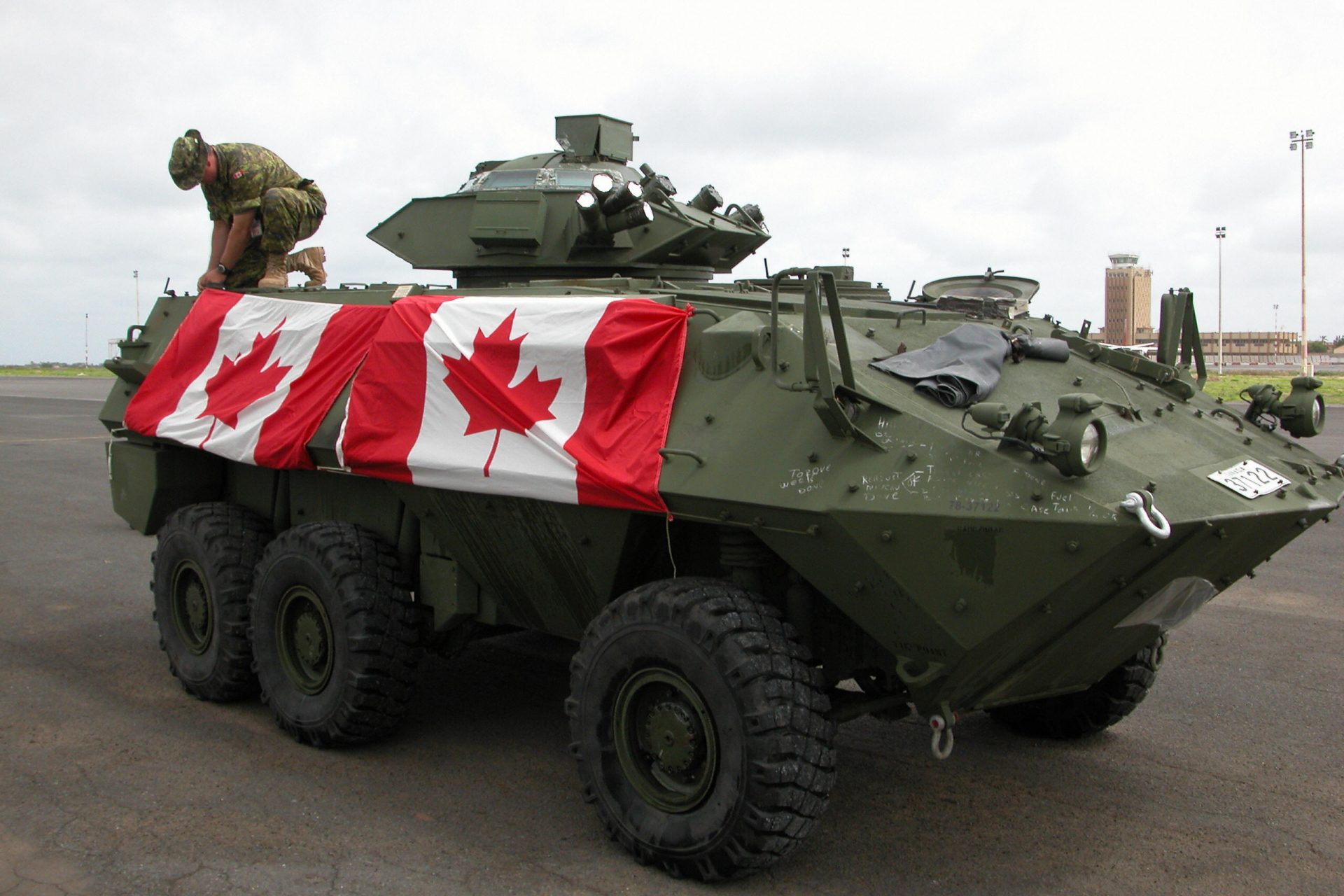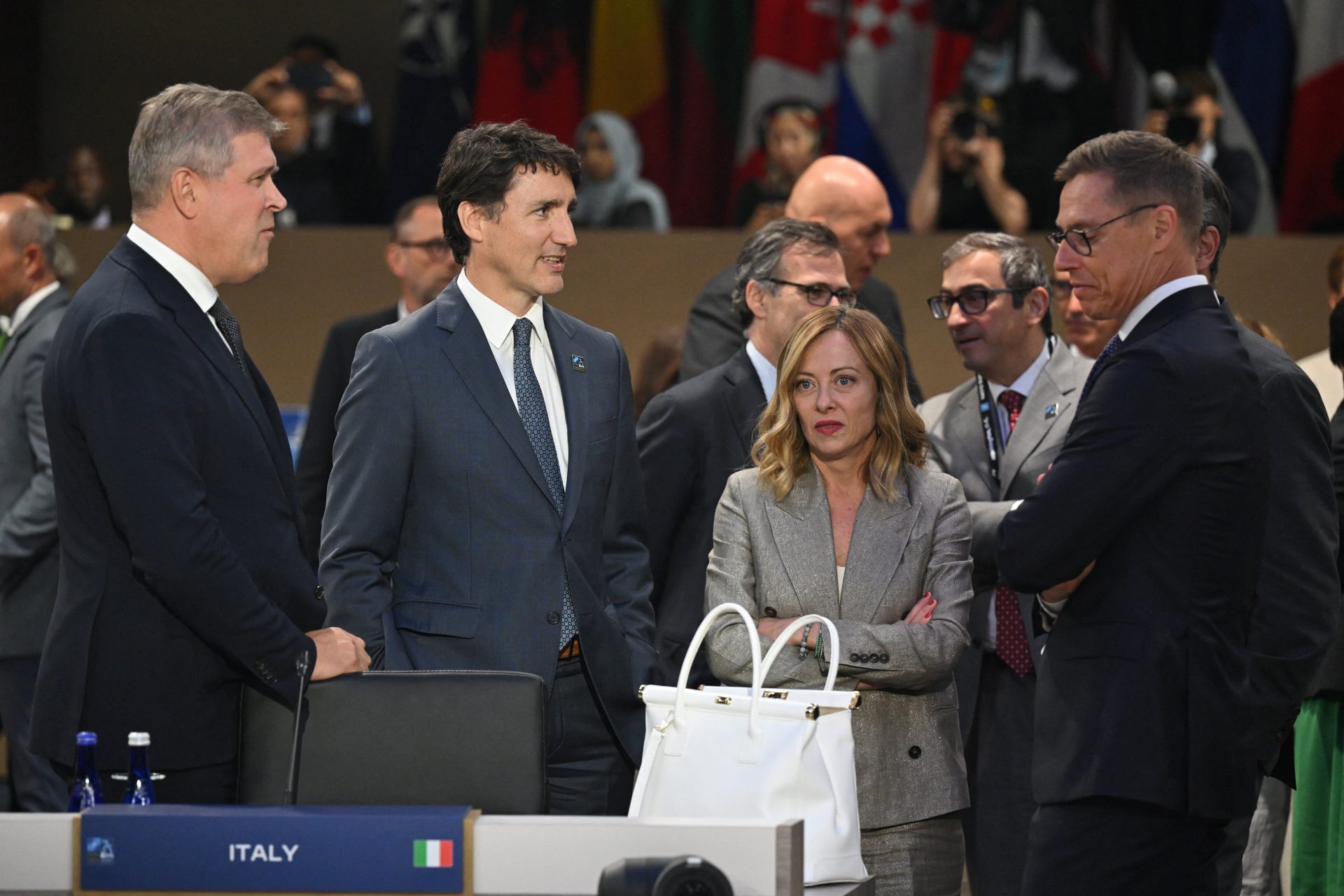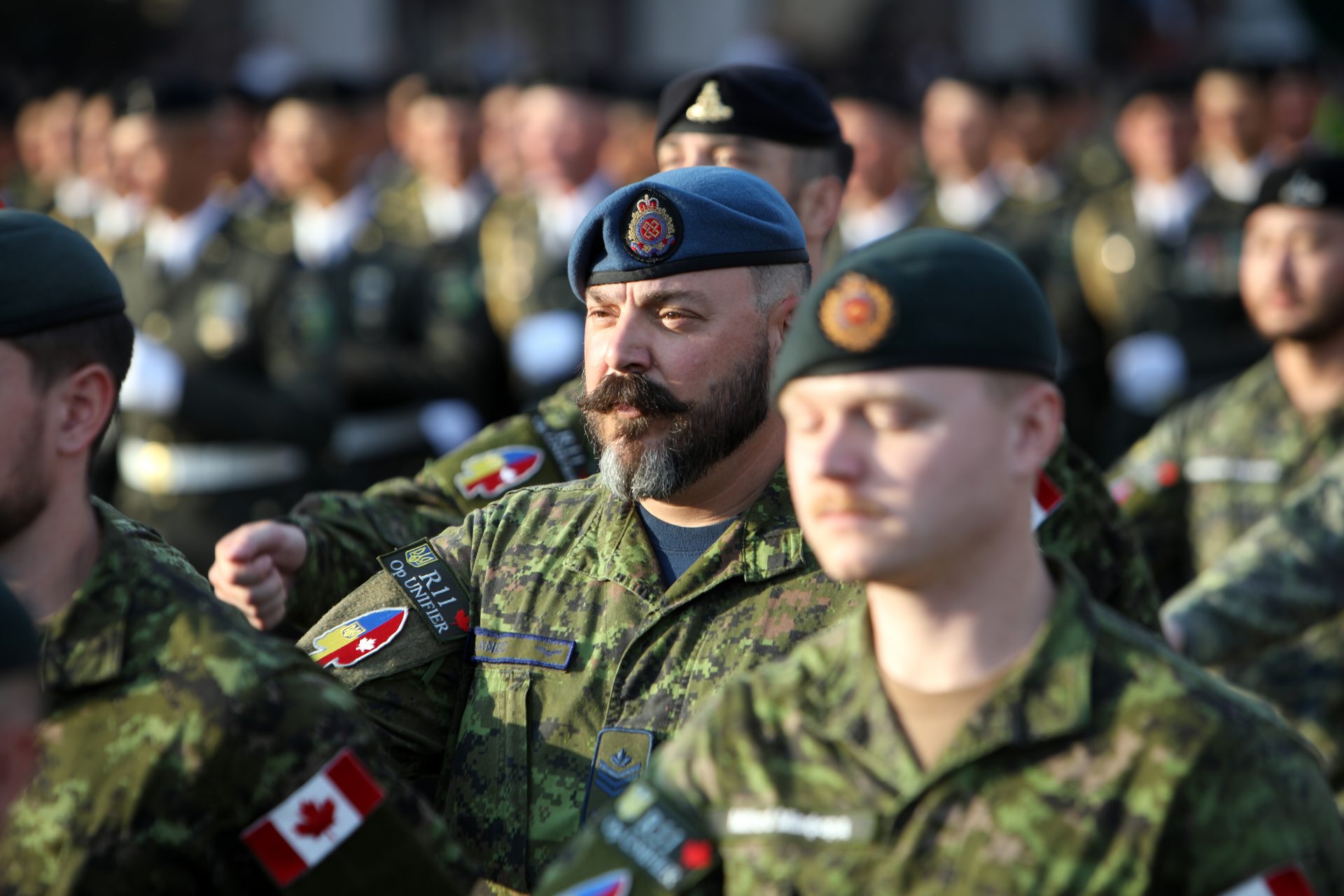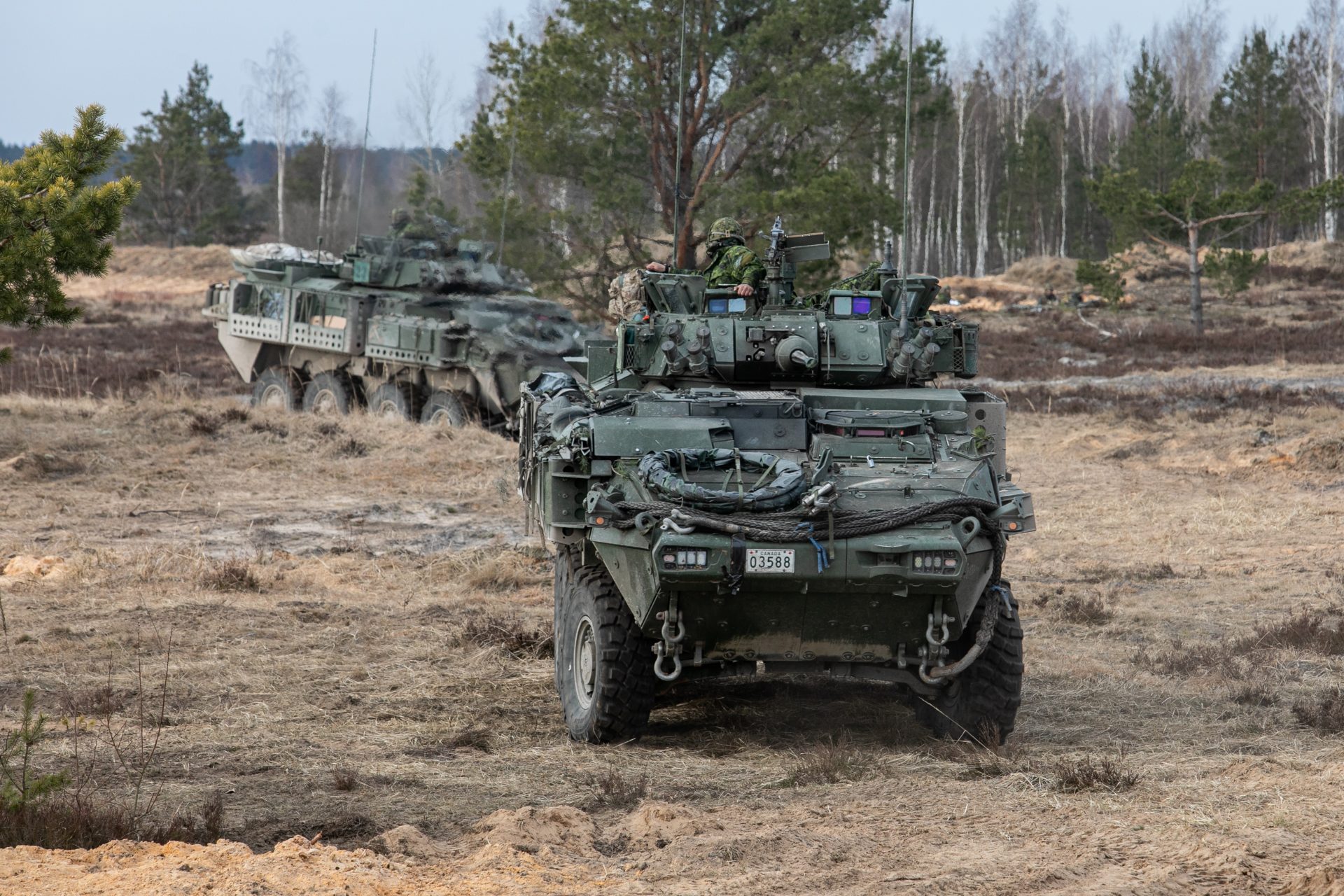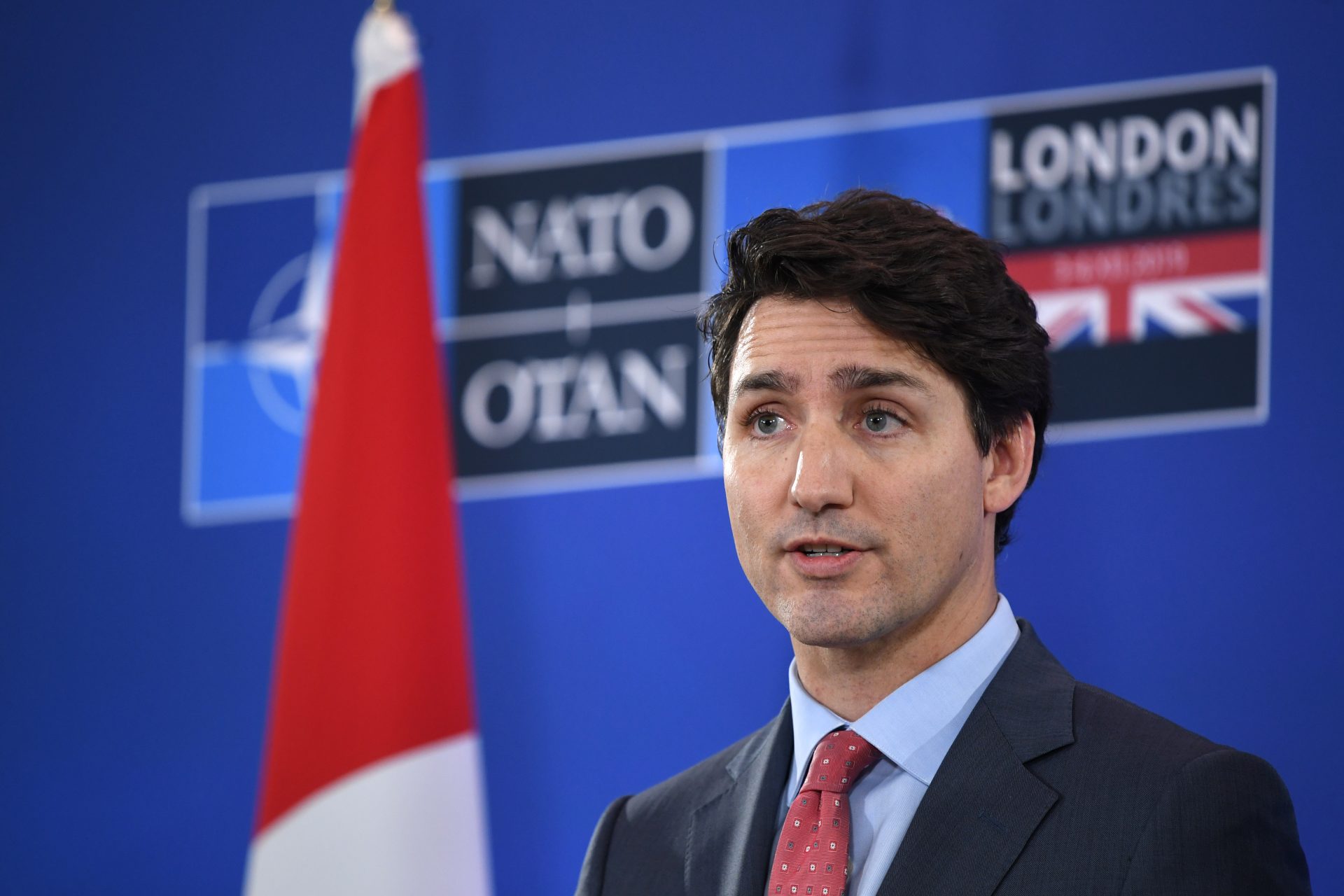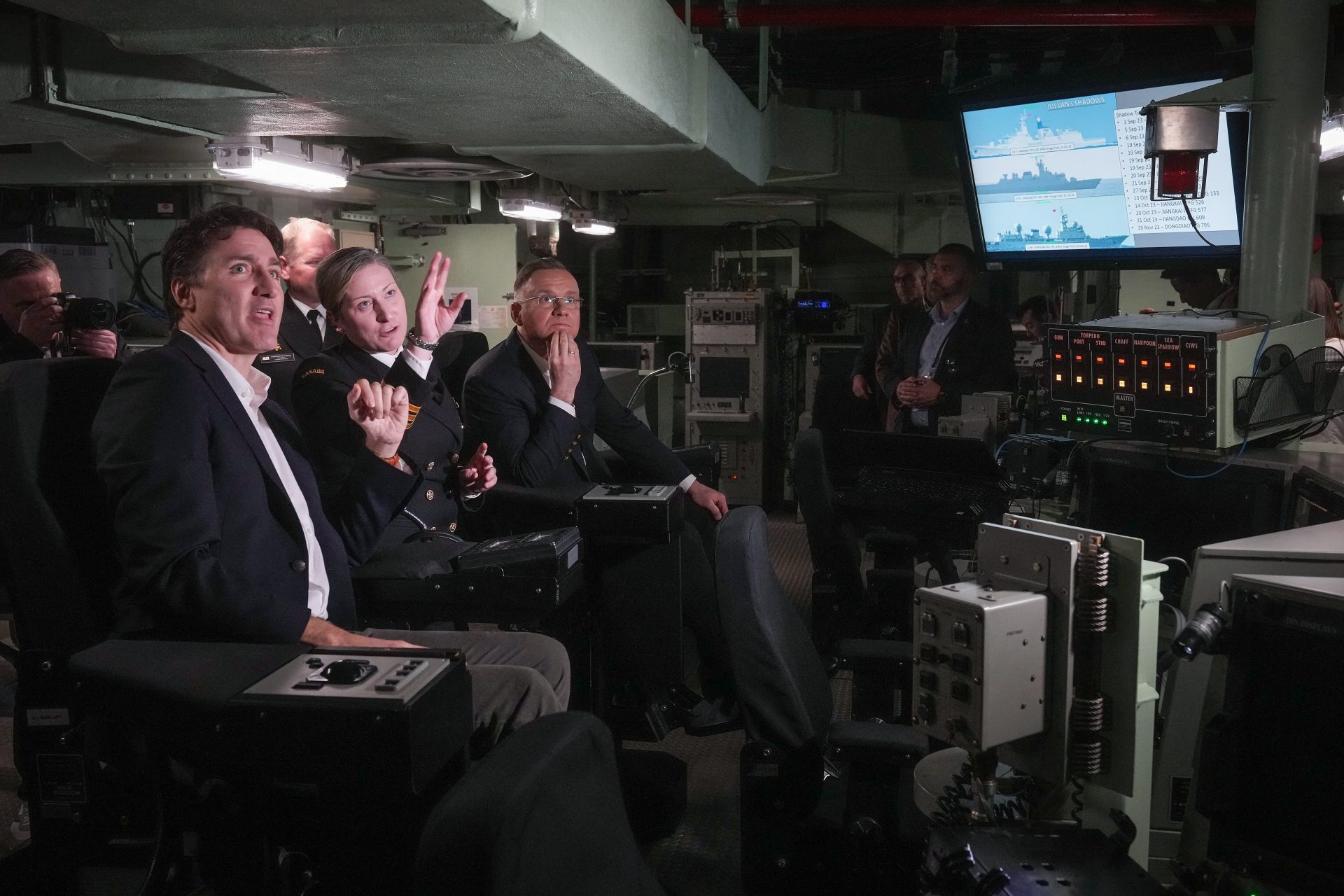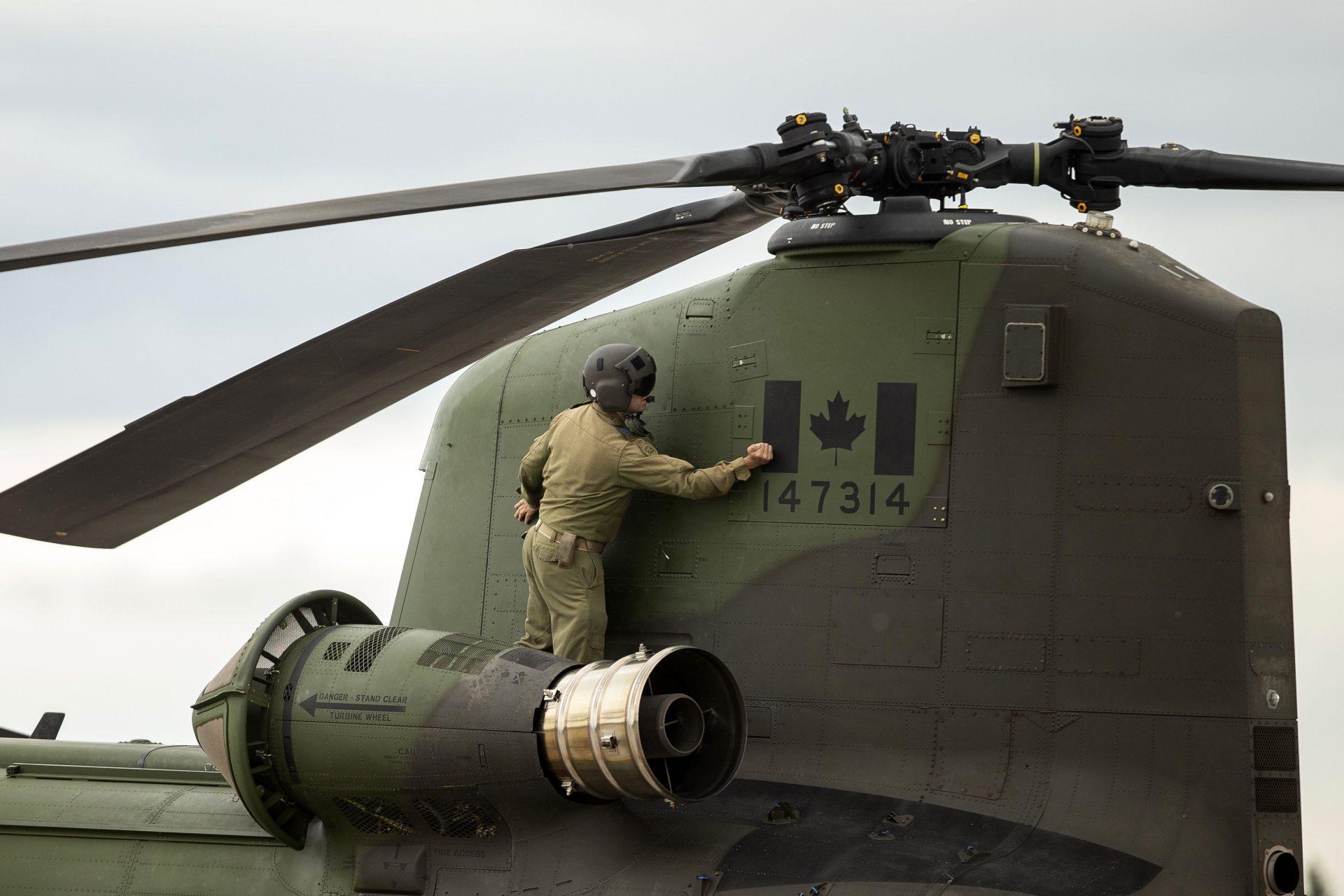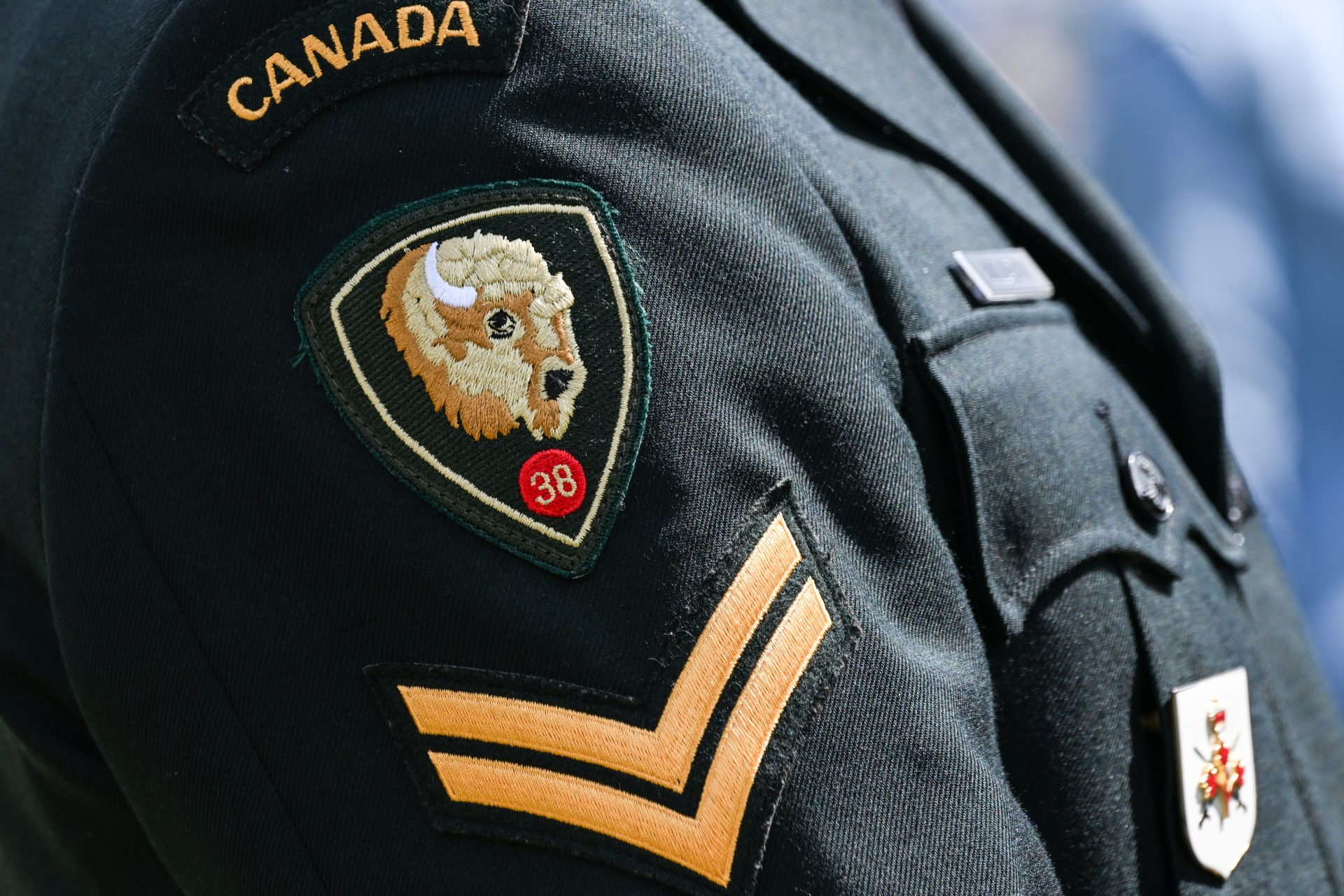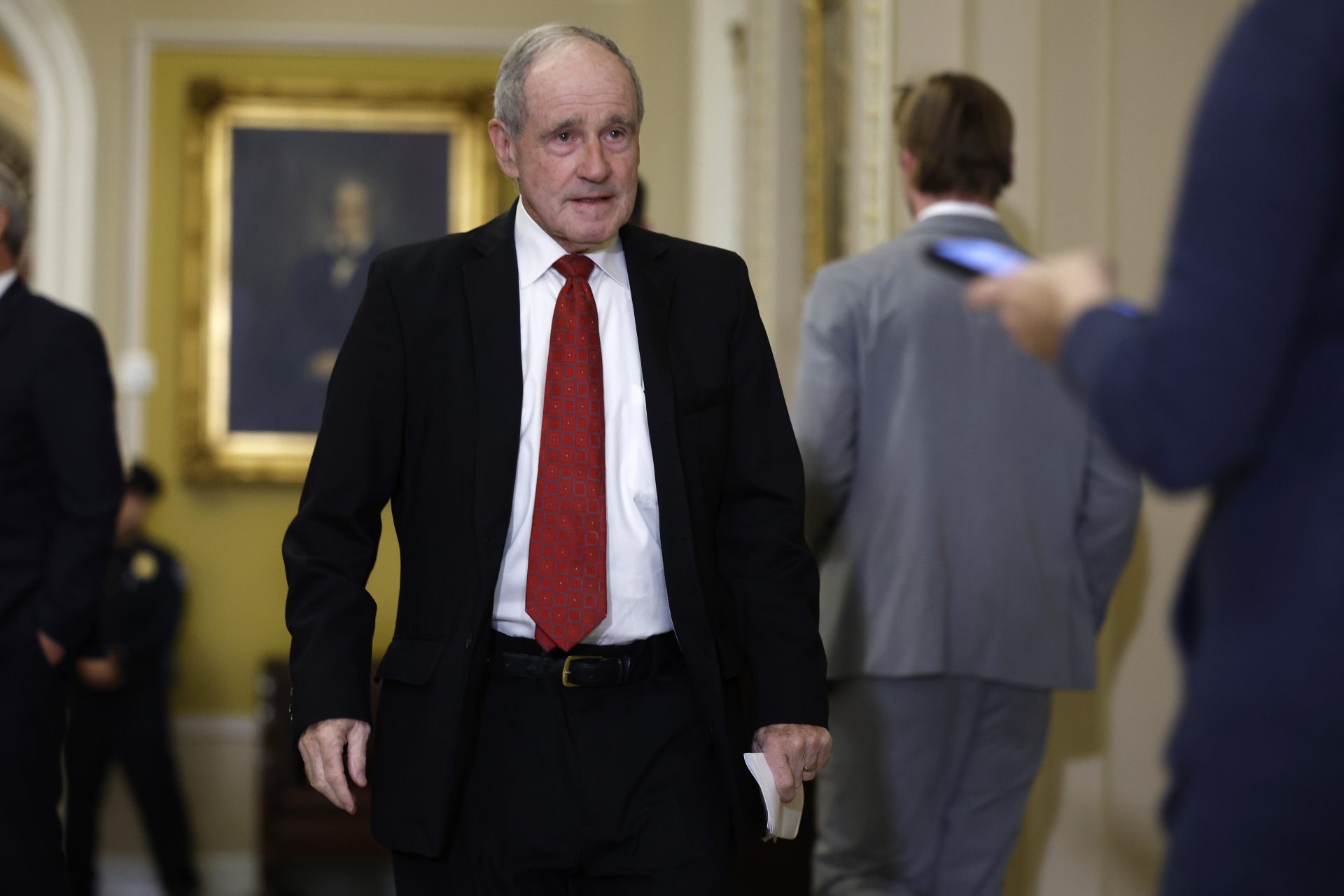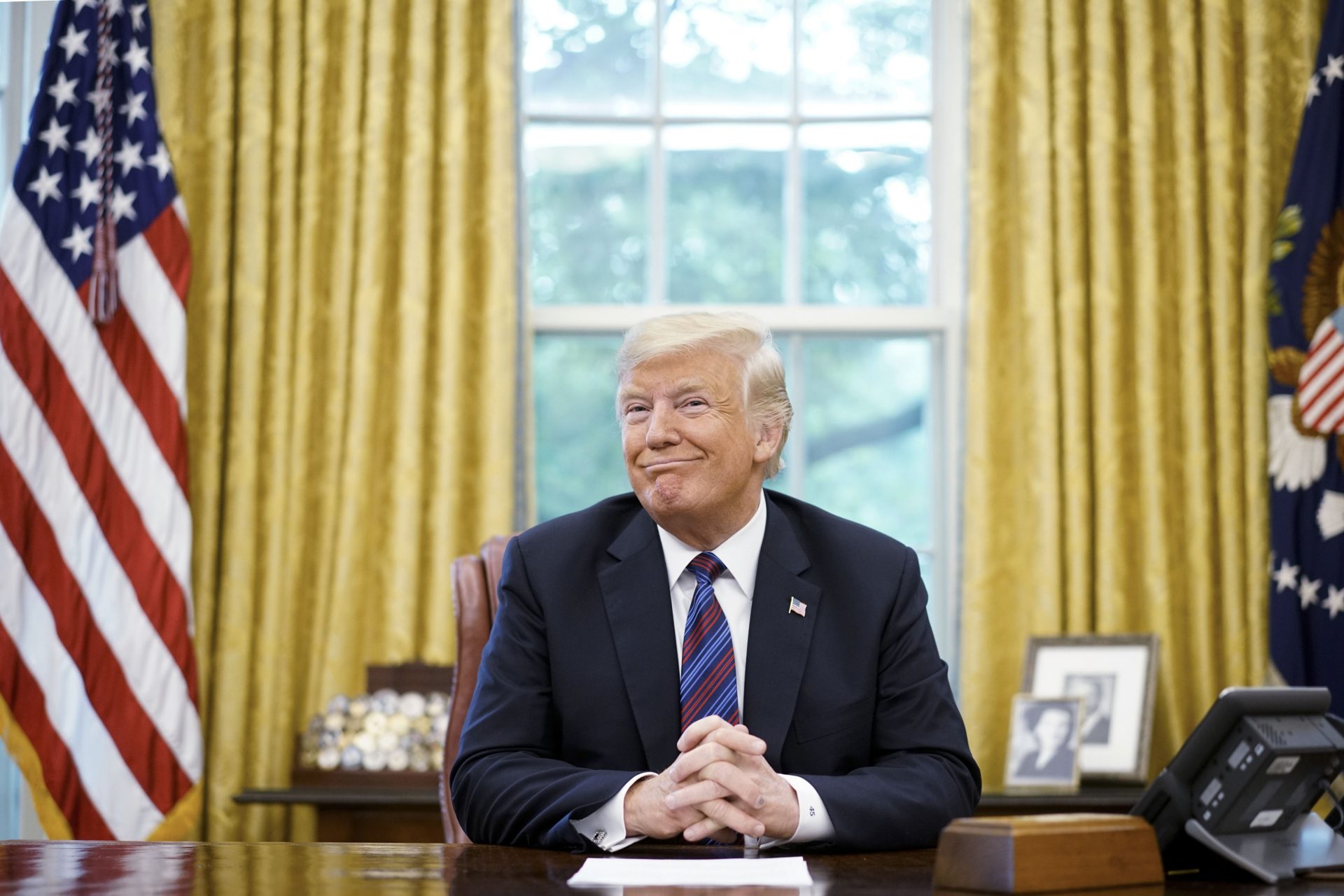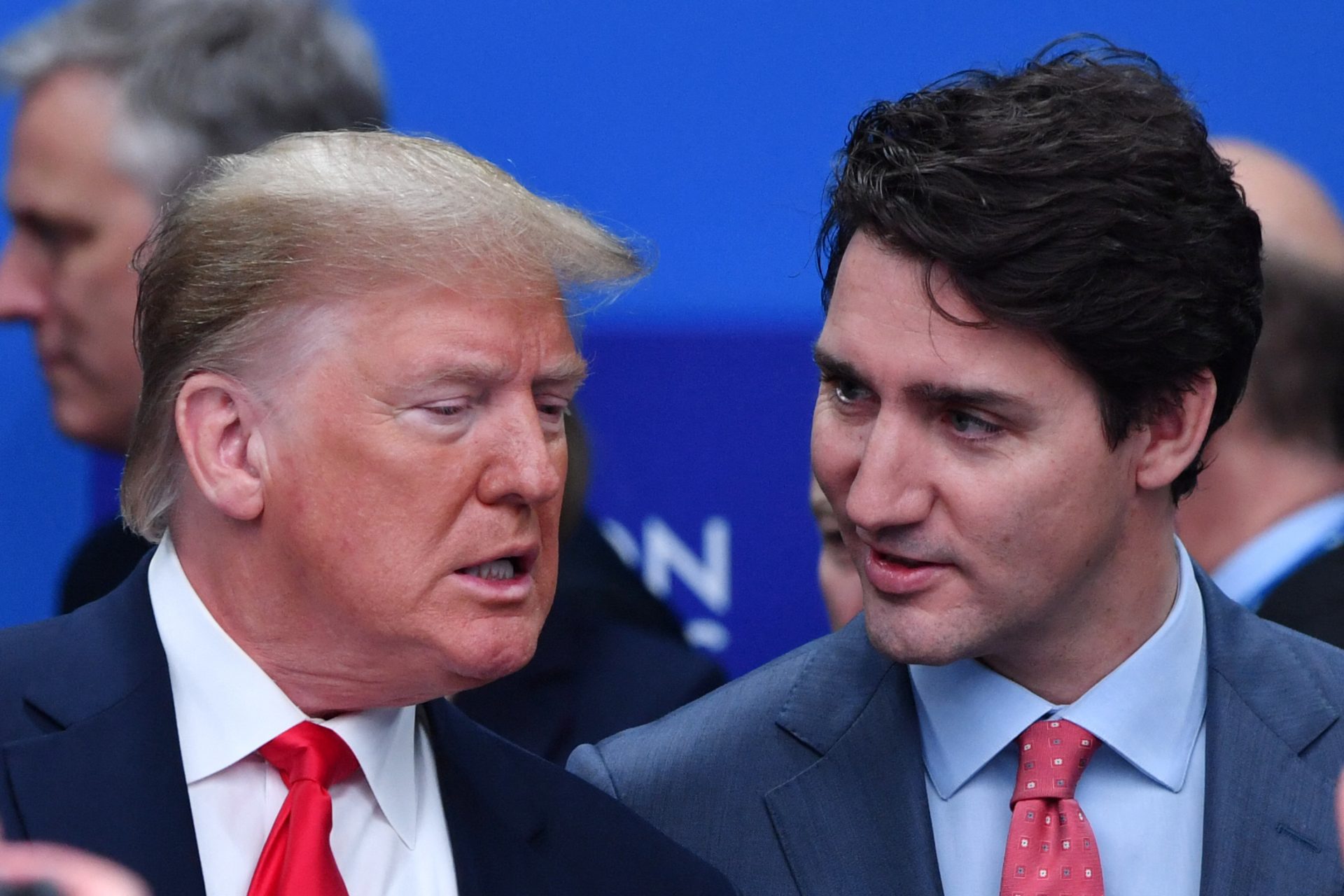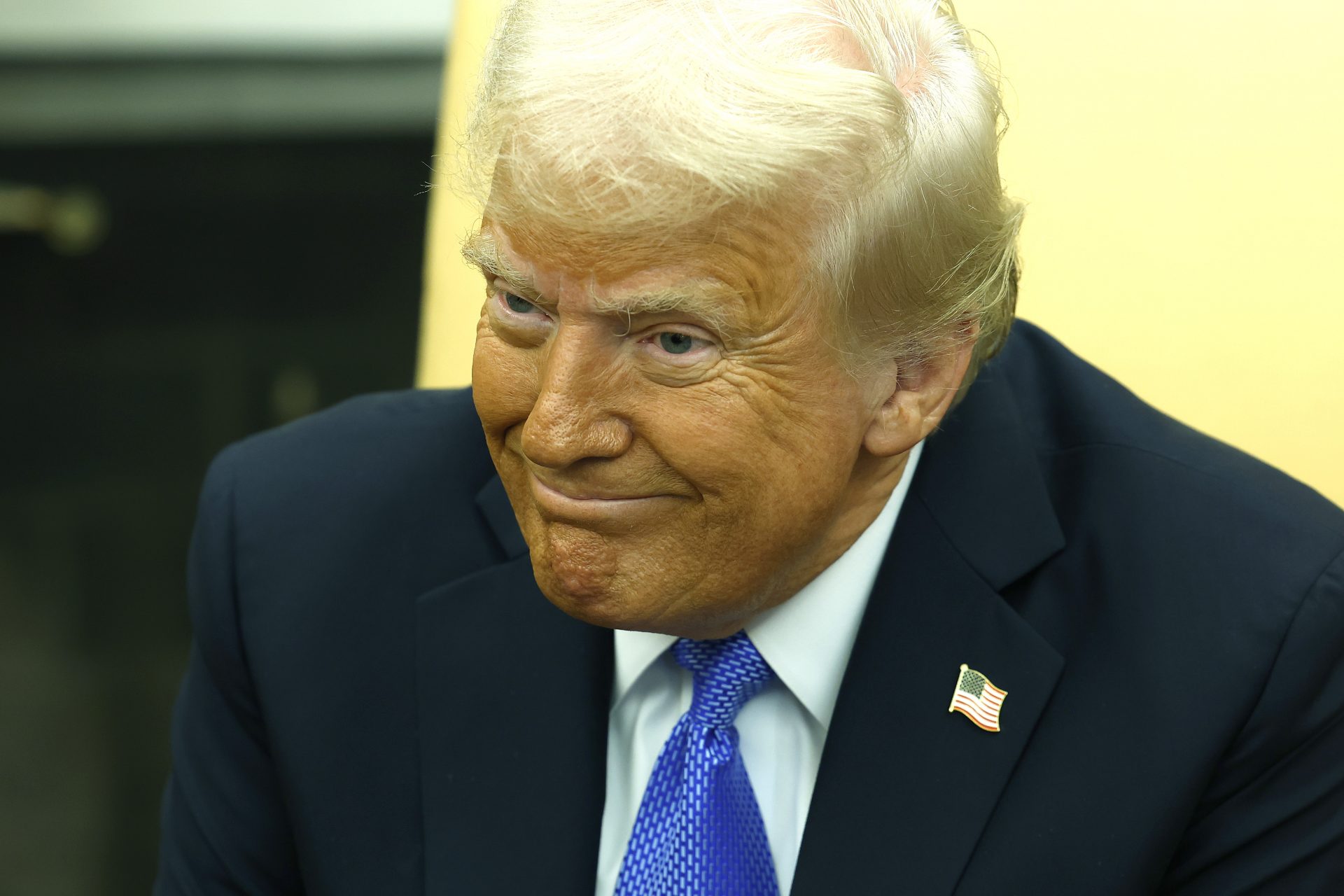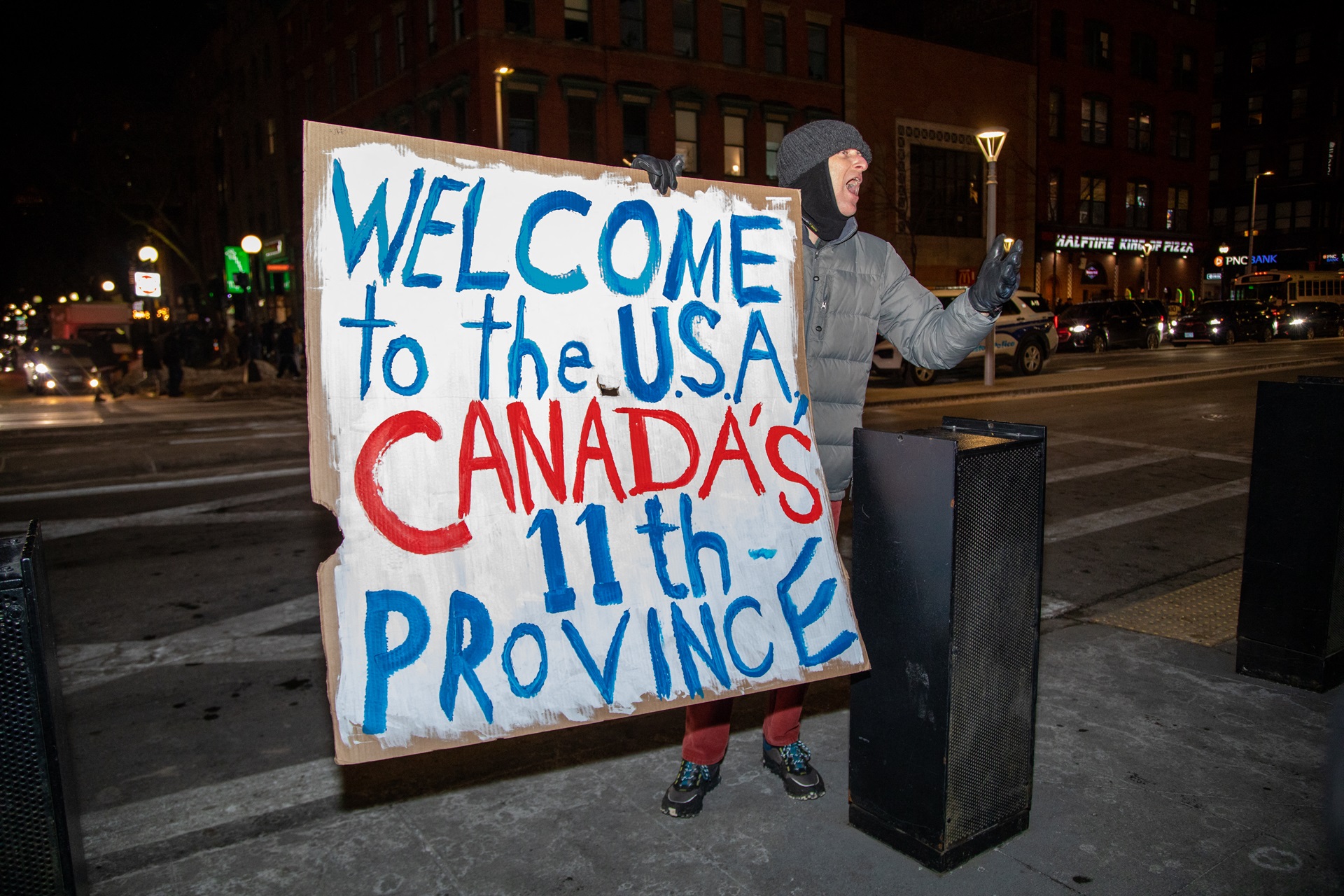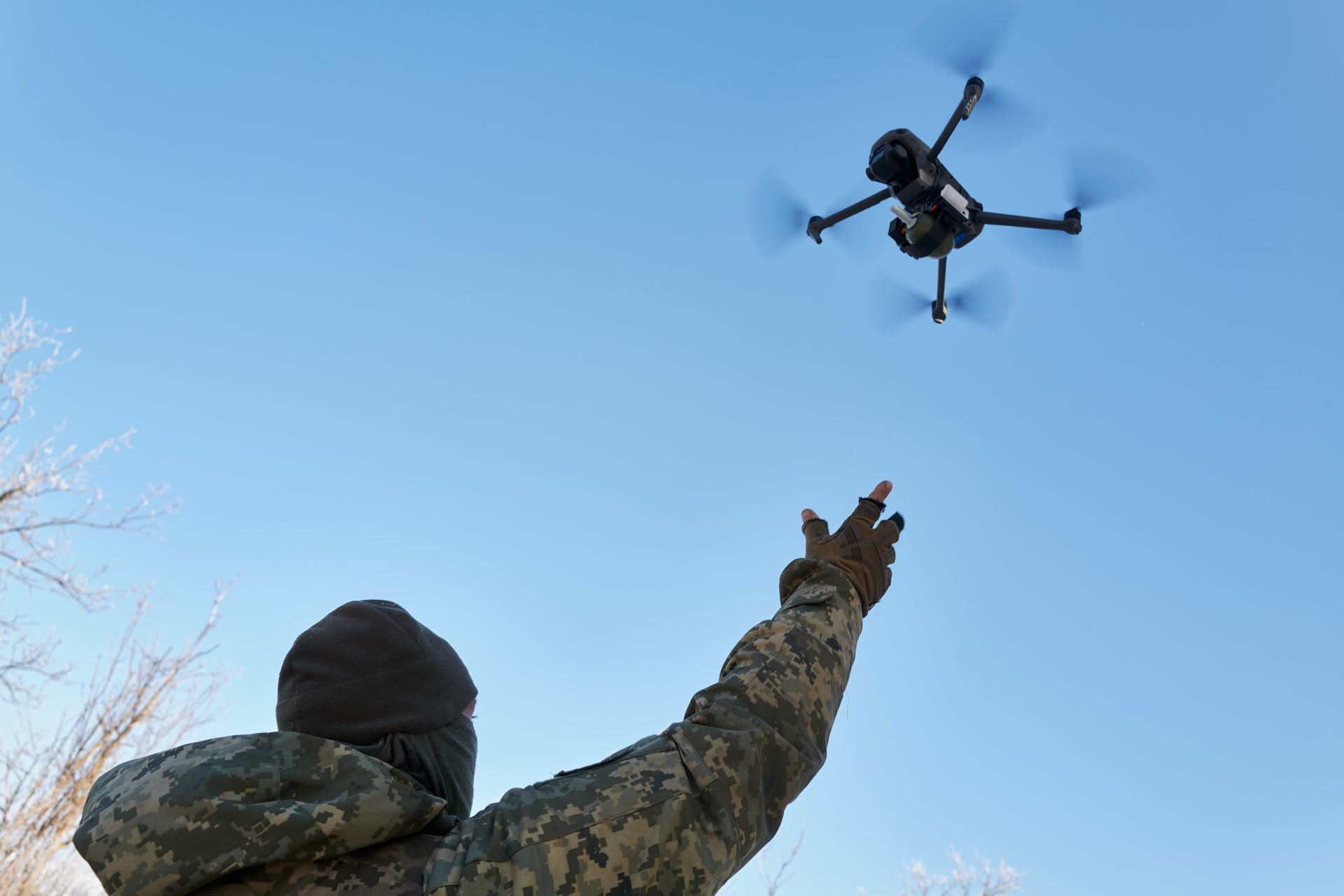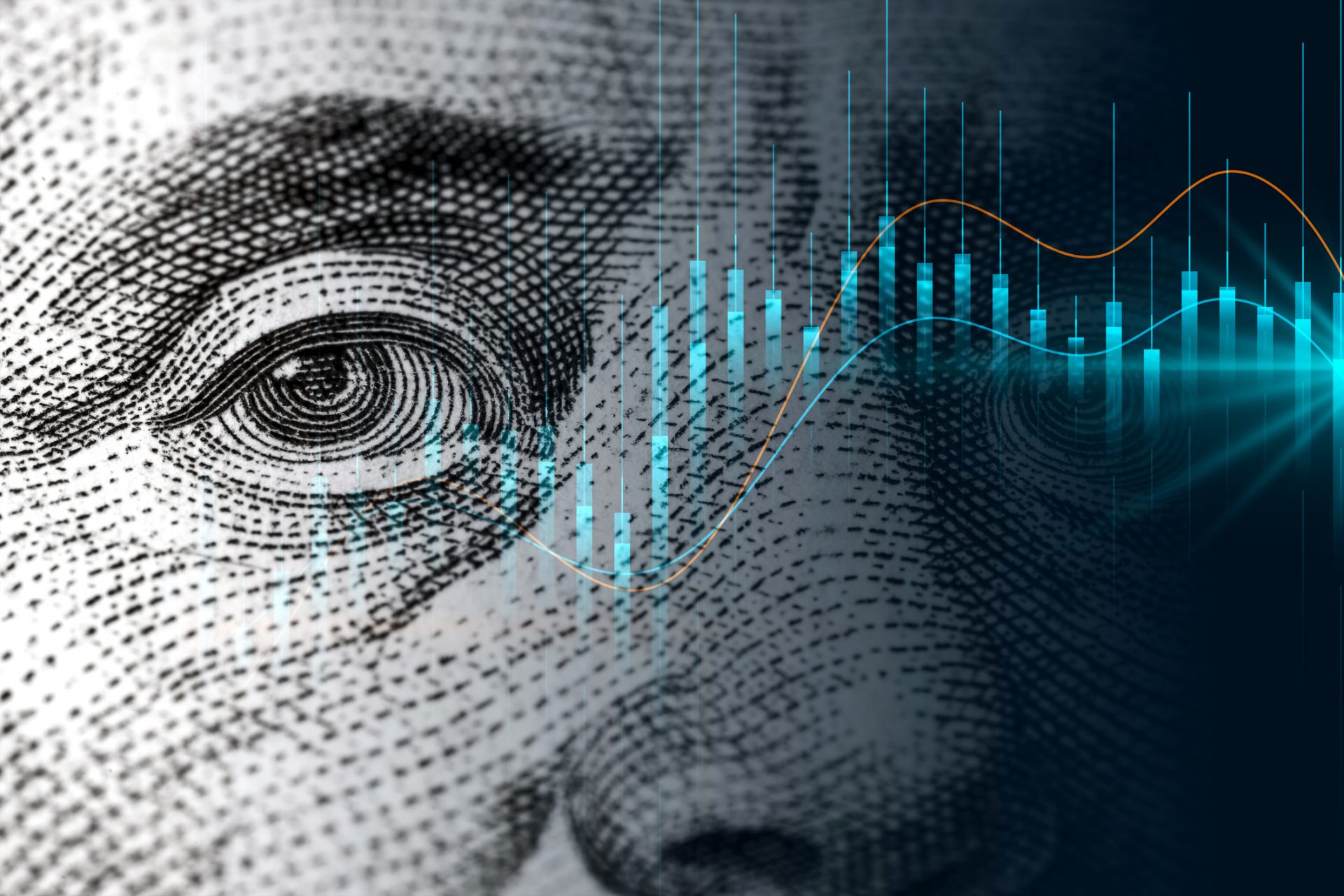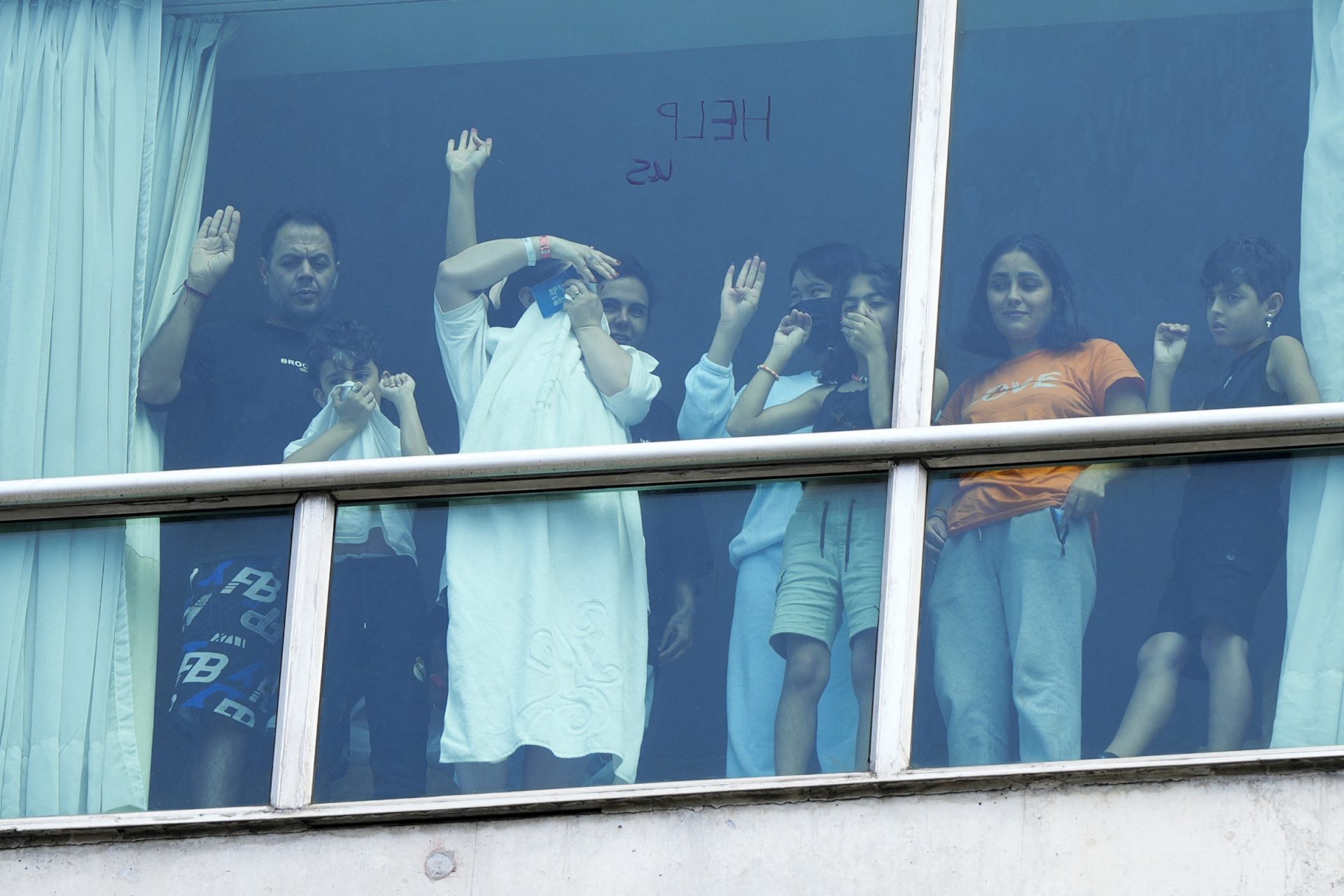Canada is falling short on defense spending and it could be a problem
Canada has been widely criticized for not spending enough on its defense, but the changes that Ottawa has planned are a good start despite Canada falling short of allied hopes according to the U.S. Ambassador to Canada.
Everyone from American Congressional Representatives and Provincial Premiers to the Business Council of Canada and Canada's NATO allies want the country's federal government to spend more on defense.
Justin Trudeau’s government got the hint long before defense spending became one of the central issues facing Ottawa. Trudeau’s government upped defense spending by a fairly significant margin in April 2014.
Canada’s new national defense policy, entitled ‘Our North, Strong and Free: A Renewed Vision for Canada’s Defence’ outlined that the government would increase spending on defense by $8.1 billion over five years.
Ottawa would also increase total spending on defense by $73 billion over twenty years and planned to hit a spending-to-GDP ratio of 1.76% by 2029-30, which would help the country reach NATO’s 2% defense spending target.
Canada has long been criticized for not meeting NATO’s 2% defense spending target by other member state allies. However, the increase was not fast enough for some, which led to Trudeau promising Canada would hit the 2% target by 2032 in July 2024.
“We can say with confidence and assurance that we will hit the 2-percent spending mark by 2032,” Trudeau said at a press conference during the 2024 NATO Washington Summit according to Politico.
Despite Trudeau’s promise, the U.S. Ambassador to Canada recently stated that while Canada’s defense spending was moving in the right direction, Ottawa’s failure to meet NATO’s 2% spending target has damaged Canada’s reputation abroad.
“There is no doubt that what you hear from American politicians, from other NATO allies about Canada falling so consistently short against an important metric,” Cohen told Vassy Kapelos during a CTV News 'Question Period' interview that aired December 8th.
“Without the nuance of everything that follows, that it has hurt Canada's standing in the world from a defense-related perspective," Cohen continued, adding that he preferred to focus less on the spend-to-GDP ratio and more on the trajectory of Canada’s spending.
In October 2024, the Parliamentary Budget Office reported that despite the lofty goals of Trudeau’s government, Canada wouldn’t be spending 1.76% of its GDP on defense by 2032-33 unless it increased defense spending to $81.9 billion dollars by 2032-33.
“Based on our analysis and independent GDP projections, the government’s latest military spending forecast reaches only 1.58% of GDP by 2029-30,” Yves Giroux of the Parliamentary Budget Office said according to a press release on the agency's research report.
Giroux added that Canada would need to increase its military spending by 0.42% of its GDP if Ottawa wanted to meet its 2032-33 target.
"To meet Canada’s NATO spending commitment, military expenditures need to rise to $81.9 billion by 2032-33, which is nearly double the $41 billion projected for 2024-25," Giroux explained.
How Donald Trump’s incoming administration will affect defense spending concerns in Canada has yet to be seen, but Trump allies have been criticizing Canada for not pulling the country’s weight and spending enough on defense.
During the Halifax Security Forum in November, Idaho Republican and ranking member of the U.S. Senate Foreign Relations Committee Senator Jim Risch said Trump would laugh at Canada’s plans to hit NATO’s 2% of GDP spending target by 2032-33.
“With all due respect. We’re good with friends with Canada and they say ‘Well, we’re working on this.’ We say ‘What does that mean? And they say ’Well, we’re kind of looking at 2032,’” Risch explained during a panel discussion according to the AP.
“If Trump were in this room you would get a large guffaw from him on 2032. It’s got to be better than that. It truly, truly has to be better than that,” Risch added.
More for you
Top Stories



